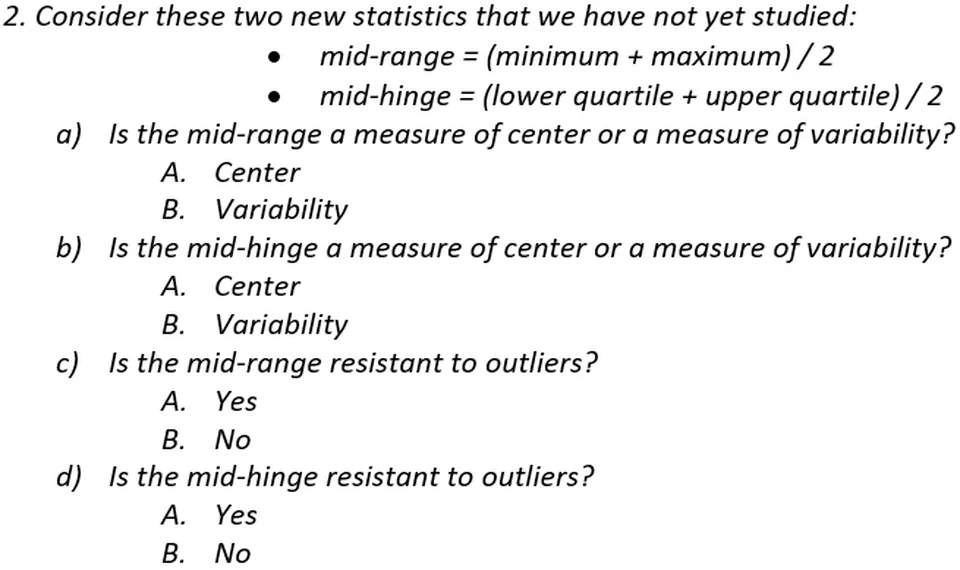![]()
Mastering 6-Mark Questions in GCSE Science: A Comprehensive Guide for Students, Parents, Tutors, and Teachers 🔬📚
Are you finding it tough to tackle those pesky 6-mark questions in your GCSE Science exams? 🤔 You’re not alone! This article is designed to help students, parents, tutors, and teachers navigate the world of 6-mark questions with ease and confidence. Let’s dive in!
Why 6-Mark Questions Matter 🎯
6-mark questions are an essential part of GCSE Science exams. They test your understanding, analysis, and application of knowledge, making up a significant portion of your overall score. Mastering these questions is key to achieving academic success.
Breaking Down 6-Mark Questions 🔨
1. Understand the Question: Read the question carefully, identify key words, and understand what the question is asking.
2. Plan Your Answer: Before you start writing, plan your response. This will help you structure your answer effectively and stay focused.
3. Answer the Question Directly: Ensure your answer directly addresses the question, providing a clear and concise response.
4. Use Evidence: Back up your answers with relevant scientific evidence, examples, or appropriate diagrams.
Practical Tips for Tackling 6-Mark Questions 👩🏫
1. Practice: Regular practice is key to mastering 6-mark questions. Try answering past papers or working through textbook exercises.
2. Time Management: Allocate enough time to each question. Don’t spend too much time on one question at the expense of others.
3. Use Keywords: Look for keywords like “explain,” “compare,” “describe,” and “evaluate” to help you structure your responses effectively.
Real-Life Examples 🌟
- Question: “Explain how a battery works, comparing it with a fuel cell.”
- Answer: A battery stores chemical energy and converts it into electrical energy through a chemical reaction. A fuel cell, on the other hand, converts chemical energy directly into electricity without the need for charging. Both devices produce electricity, but they do so in different ways.
Insights for Parents and Tutors 👋
- Encourage active learning and questioning. This will help students develop critical thinking skills and confidence when tackling 6-mark questions.
- Provide personalised learning strategies tailored to each student’s strengths and weaknesses.
FAQs ❓
How can I improve my 6-mark answer structure?
Practice structuring your answers using the “Introduction, Development, Conclusion” (IDC) method.
What should I do if I’m stuck on a 6-mark question?
Take a deep breath, read the question again, and plan your response before you start writing.
Are diagrams important for 6-mark questions?
Yes! Diagrams can help clarify complex ideas and provide visual support for your answers.
How can I improve my time management during exams?
Practice time management strategies, such as allocating specific time to each question and using timers.
How can I stay motivated during my studies?
Set achievable goals, celebrate small victories, and stay positive.
What role do revision techniques play in answering 6-mark questions?
Effective revision techniques, such as summarising key points, creating flashcards, and using mnemonics, can help you recall and apply information more effectively.
What’s the best way to prepare for 6-mark questions in GCSE Science exams?
Regular practice, time management, and a solid understanding of key concepts are key to success. Don’t forget to revise and apply your knowledge through past papers!
With these tips, strategies, and examples in mind, you’re well on your way to tackling those 6-mark questions with confidence! 📚💪🚀




